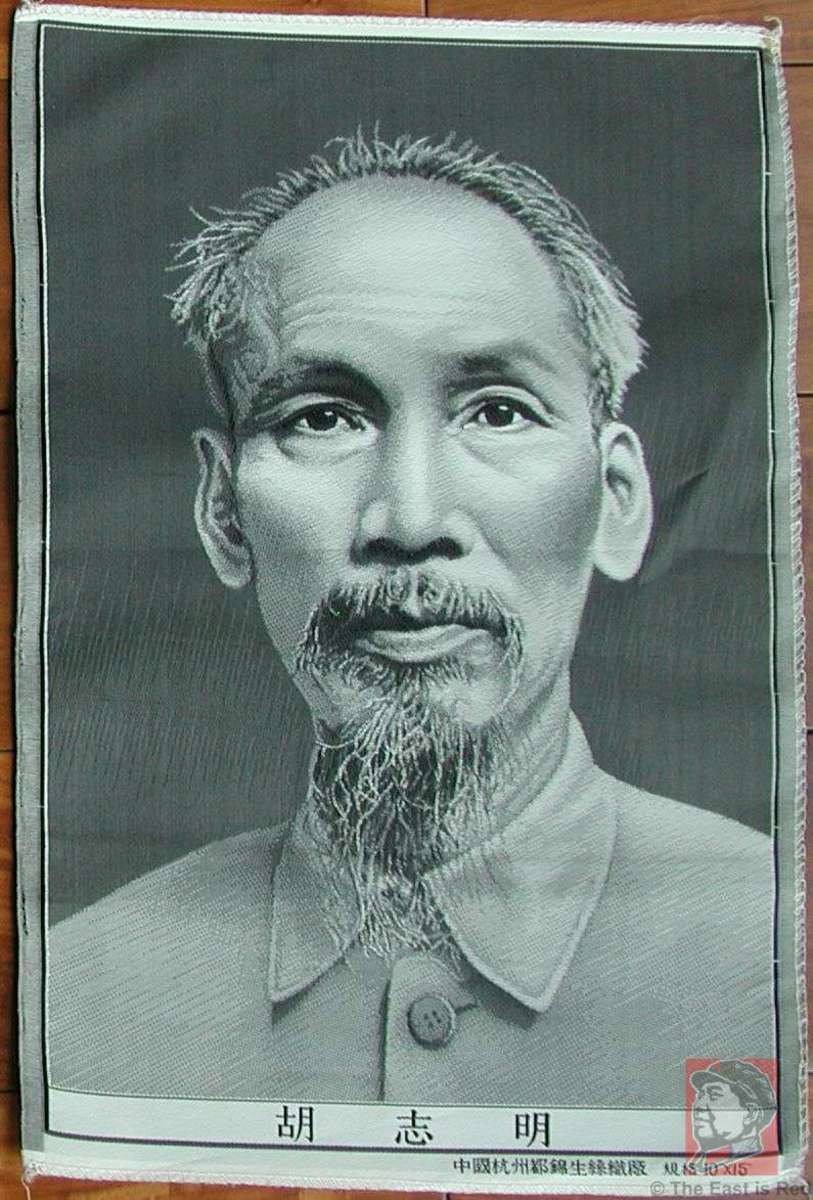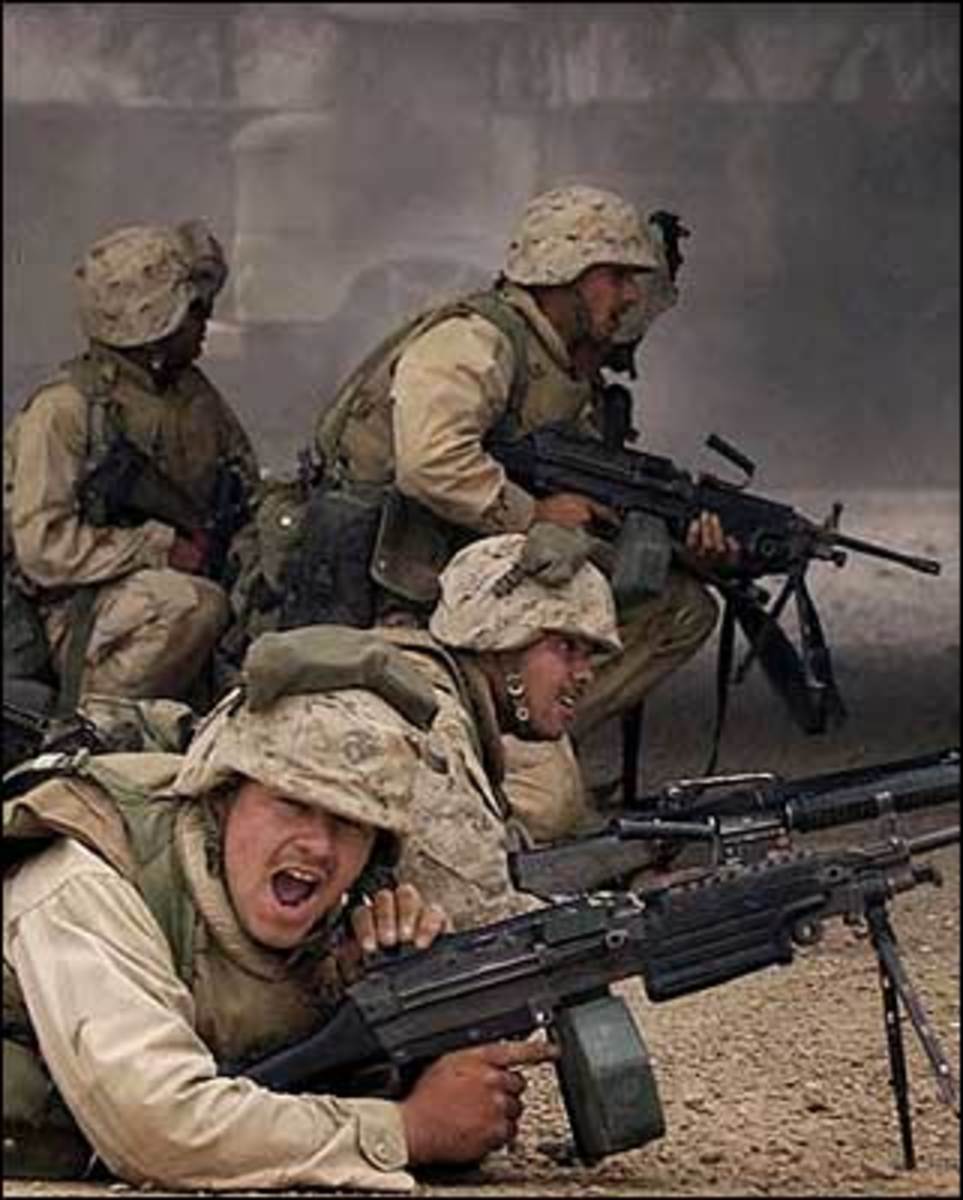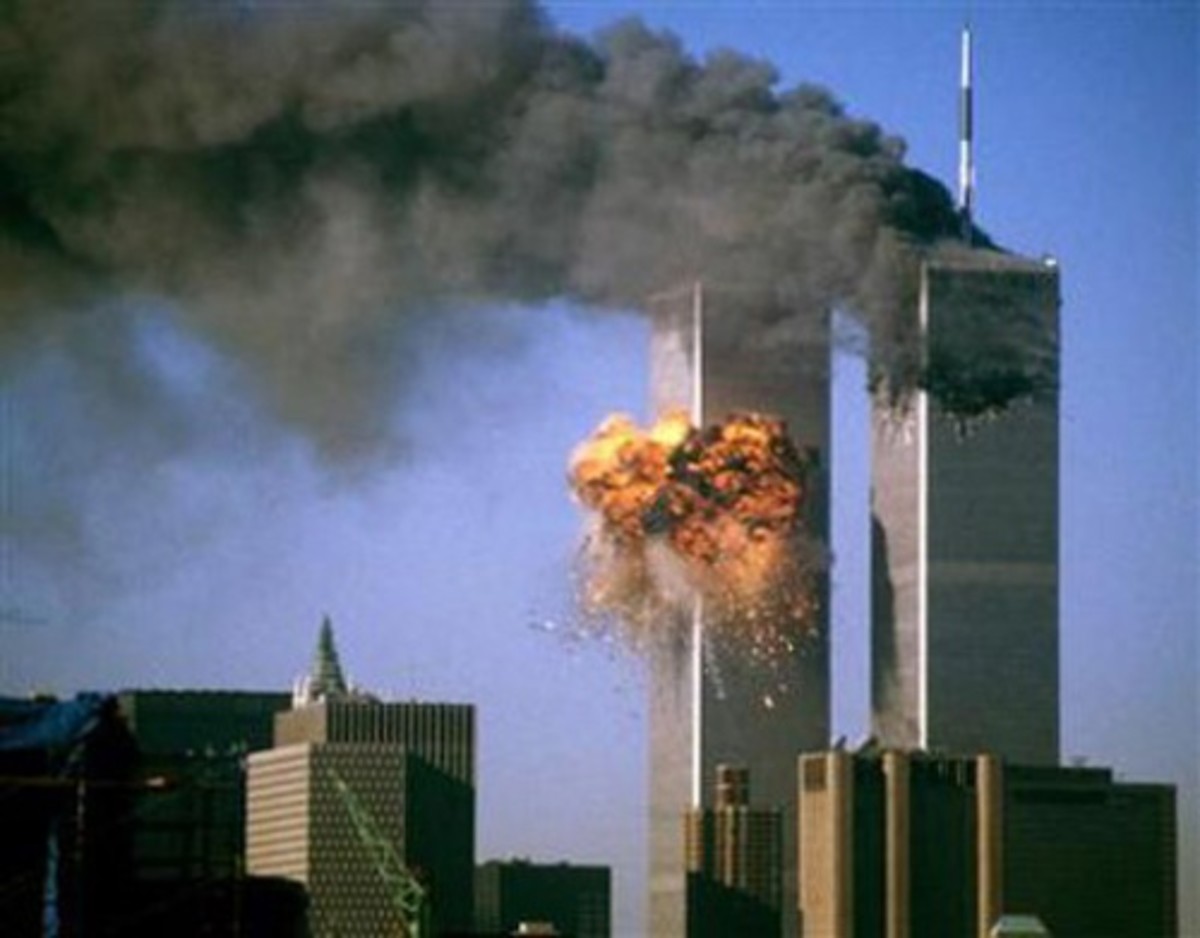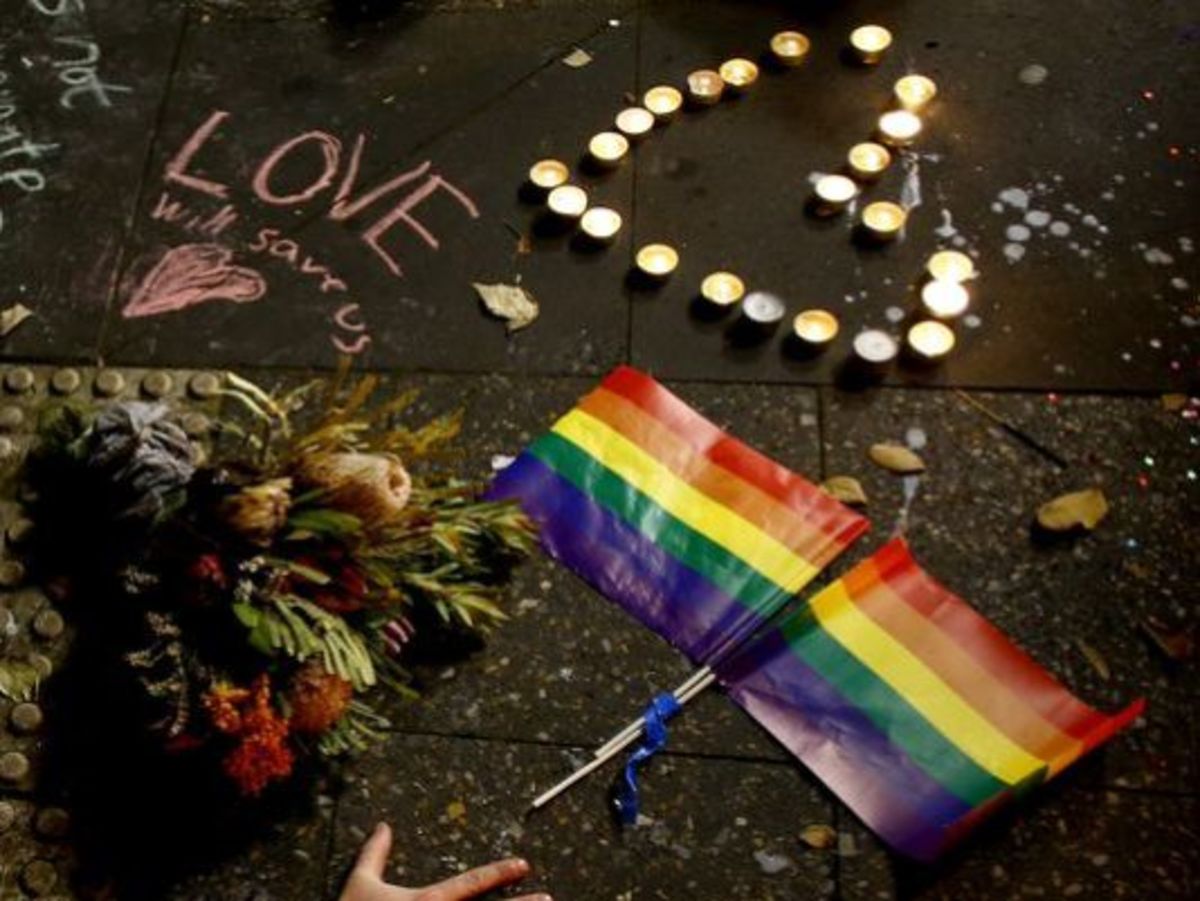Is the War on Terror Working?
President Bush's War on Terror
Introduction
For those who witnessed the Twin Towers collapse during the 9/11 attack, it was one of America's most earth-shattering moments, of when we realized that, when we entered the new century, things were about to drastically changed. The event redefined certain assumptions, such as the fact that we were safe in our own country, and changed the way we thought about freedom. Even more telling is the way it changed how we thought about our fellow humans, especially those that were different from us.
Ever since former President George Bush declared his 'War on Terror' as retaliation against 9/11, many American citizens have gone on to try and fight this terror themselves. Whether that be through the military, the internet, or even through their own actions, there's no doubt that the war on terror has influenced us in ways we couldn't even imagine. From the rise in hate crimes to the spawning of ISIS, to this day, we're still fighting this war, on the inside and out. So, despite everything that's happened, is this 'War on Terror' worth it? Did our accomplishments mean anything in the end, or are we just fueling the fire for more war and violence?

Afghanistan and Iraq
The War on Terror began as a military campaign that President George Bush instigated against the terrorist organization al-Qaida. It encompassed two majors wars, the Afghanistan War and the Iraq War,
The Afghanistan War began in 2001 and was separated into three phases. The first phases consisted of overthrowing the Taliban, group that provided sanctuary for al-Qaida. The second phase consisted of dominating the Taliban militarily, before rebuilding the foundations of Afghan society. The final phase began in 2008, in which, under President Obama, American forces would protect the population from Taliban attacks, coupling with the gradual withdrawal from Afghanistan. The war lasted 13 years, and became the longest war fought by the U.S.
The Iraq War started in 2003 with the U.S's invasion, alongside other allies, of Iraq in order to overthrow Saddam Hussein. Although Hussein was deposed, there was violence between two Islamic religious factions; the Sunnis and the Shias, as well as resentment against U.S forces. Through this, both Iranian troops and al-Qaida supported violent groups that continued to fight against the troops. This was an incredibly unpopular war, because the Bush administration had said that Iraq possessed WMDs, or weapons of mass destruction. Not only were these later claims proven to be false, but other claims that Iraqi officials were working with al-Qaida were also proven untrue. In the end, the war had costed hundreds of thousands of deaths, as well as an estimated $1.9 trillion.
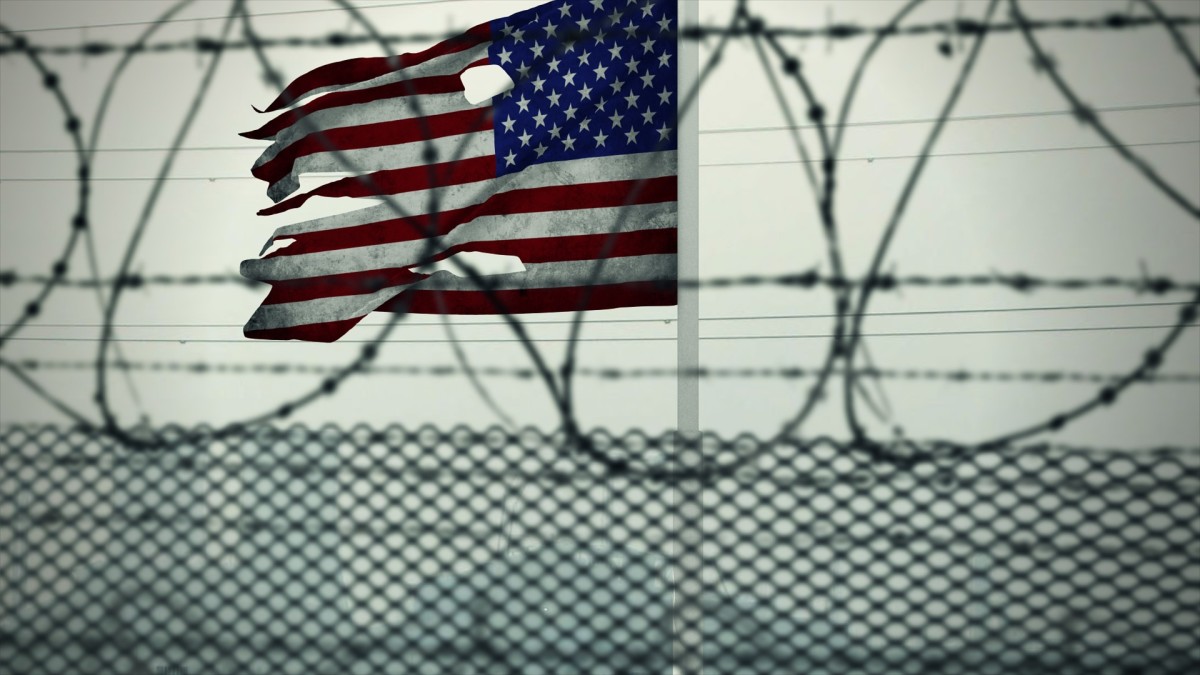
Guantanamo Bay Detention Camp
Guantanamo Bay was a detention camp located in southeastern Cuba. After the 9/11 attacks, the U.S used Guantanamo Bay to hold suspects during the "War on Terror." During this time, President Bush claimed that because the Bay wasn't apart of U.S territory, and as such, inmates may not be granted access to protection. Many of the prisoners had no trial and were allegedly being tortured. International Amnesty considered the camp to be a violation of human rights.
The prison carried a host of health professional that subjected the inmates to horrific, inhumane treatment. Despite this, there are supporters for this kind of treatment, supporters that have stated that individuals involved in terrorist groups don't deserve to have access to these human rights because they've oppressed others. Many prisoners have been faced with religious abuses, such as defacing and degrading the Quran. Guantanamo Bay has been criticized both by regional organizations such as the European Union and the Human Rights Watch. Later on however, President George Bush released around 122 prisoners.
On March of 2011, President Barack Obama, through Executive Order 13567, in order to review detainees at the Guantanamo Bay detention camp. Under this executive order, around 690 former detainees were transferred from Guantanamo, 30% of which may have continued terrorist acts.

Society Through The War on Terror
The term itself is subjected to suspect; terrorism is a tactic, not an enemy, and by using "The War on Terror" phrase, it masks differences between a variety of groups, many of which many have even been unfairly labeled as terrorists. What's more, many critics have contended that "The War on Terror" was used to promote military pursuits, all the while limiting civil rights and infringing on marginalized groups.
One of the most unfortunate result of this war was the American public's treatment of Muslim groups. According to Pew Research Center, there is a rise in hate crimes regarding Muslims. The fact that these hate crimes were more likely to be committed by white men, as well as the rather difficult relationship between the media and Muslim Americans, has made these unjust assumptions even more complex.
The war has also fostered resentment towards the United States, which has laid the foundations for more violence, more hatred, and more conflict. Many groups have called for the United States to dominate the world by even using 9/11 as an excuse, which, in turn, threatens otherwise peaceful allies. This was shown in a trial in New York, where a man said that the reason why he decided to become a terrorist was because Americans "don't care about the people elsewhere in the world when they die." When further questioned by the judge he said that America doesn't discriminate against its killings, no matter who they are.

Support for The War on Terror
Despite the criticisms against 'The War on Terror', there are reasons why we support this.
The U.S, as well as other democracies, have had to join in against those who have killed innocents for the sake of their extremist goals. As such, it's a way of protecting themselves, and reinforcing their right to live in the world, just as much as anyone else. In fact, according to Professor Asa Kasher of Tel Aviv University, despite the differences in approaches, the main goal of democratic countries is to fight for peace. Even more still is the fact that many view the wars as a good thing, that America and other Western nations have gotten sluggish, and have turned the other way when it came to potential enemies.
It could also be said to garner more support for the American military. It brings out the harsh reality that people have to fight for the freedoms that we enjoy, that we have to defend our way of life, just like everyone else. And while it can be difficult to accept, simply because we don't see this war, it still goes on around us. As Theodore Roosevelt once said, it's not the scholars or the critics or the observers that deserve the credit; it's the man who's actually doing that work.

Conclusion
By no means is the article exhaustive. For example, there are have several conflicts that have also contributed to the chaos, such as the wars in Libya. There have been other long-term consequences of the war, like the growth of new terrorist factions and the increasing instability of the Middle East. And there is a host of human rights violations, whether it be from America or from terrorists, that wasn't shown in this article.
Even so, the 'War on Terror', to this day, is incredibly controversial. Some have expressed the fact that they need it, while others have said that it never should have even begun. Some say that protecting themselves is worth the criticisms, while others counter this, stating that it not only undermines America's broken reputation, but could potentially spawn more wars that may cost even more than the war itself.
Of course, whatever the reasoning is, a war is still a war. There's going to be costs and casualties, as well as peace activists and military supporters, whatever that may be. And while other countries have engaged in their own wars on terror, it's the United States that the world looks to, whether it be through contempt, or moral guidance. Despite it being a world-power, as well as its alleged support of freedom, it's still a nation built up of humans. We fall prey to the same flaws as others throughout the world, and while our healthcare and economy may be better than most, we may just be more susceptible to our own fears and paranoia.
That's just how humanity is.

